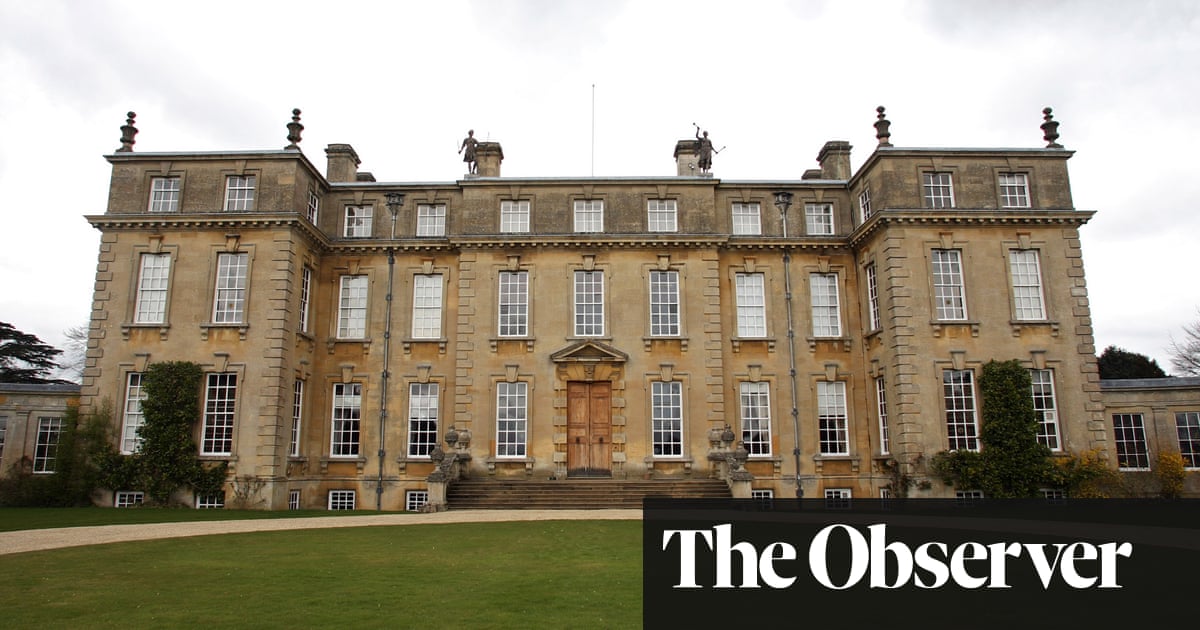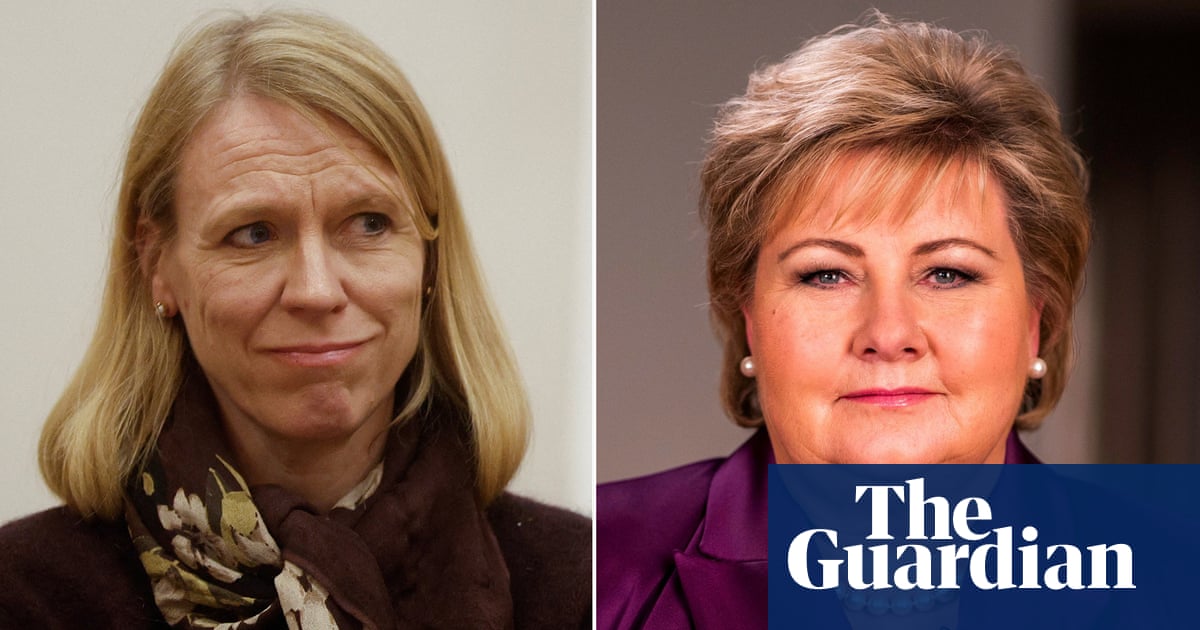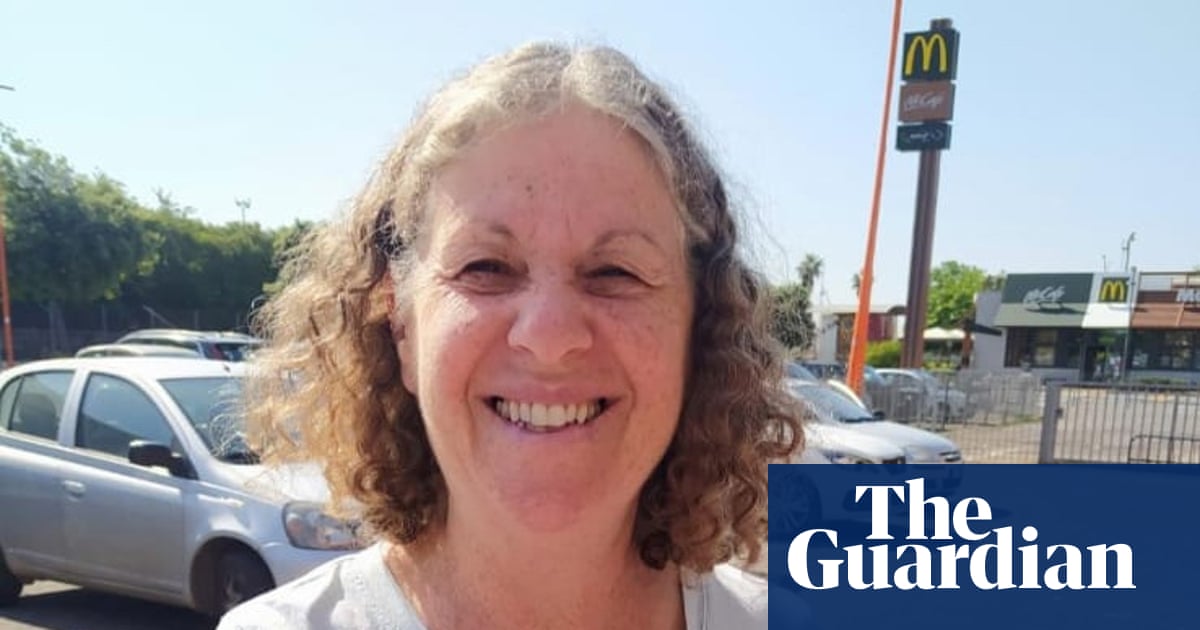
More than 50 MPs have owned stakes in publicly listed companies that raise questions about possible conflicts of interest and that until now have been in effect secret, the Guardian can reveal.
Parliamentary rules mean MPs’ shareholdings, including ones that were held by the former prime minister Theresa May and the former education secretary Gavin Williamson, do not need to be publicly disclosed in parliamentary registers. But as a result voters are left in the dark about some of the financial interests of their elected representatives.
The Guardian is today publishing a list of several dozen MPs who currently have shares in banks, housebuilders, defence companies, energy suppliers and supermarkets – companies that could be affected by legislation or new policy introduced by parliament. The companies include the likes of Barclays, HSBC, BP and Sainsbury’s.
Almost all of the holdings found are not strictly required to be publicly declared under current transparency requirements. Parliamentary rules, unchanged since 2015, require MPs to register holdings they have in a single company when they own more than 15% of its shares or when their shares in it are worth more than £70,000.
Transparency campaigners have said the findings “raise serious questions about vested interests in our democracy” and called for the rules to be reviewed.
Steve Goodrich, the head of research and investigations at Transparency International UK, said: “If an MP has shares in a company affected by legislation going through parliament, there’s invariably a tension between them protecting their financial affairs and advancing the public good. Having these details out in the open is a key safeguard against abuse of public office.
“The public have the right to know what role money plays in our politics. Cumulatively, financial interests undoubtedly influence – whether consciously or otherwise – the outlook of MPs and ministers, and how they set about tackling the big issues of our time. Understanding who has skin in what game is essential to unpicking policy inertia, be it on housing, climate change or the cost of living.”
The list of MPs with shareholdings includes the chair of the environment select committee, Robert Goodwill; the Conservative backbencher Desmond Swayne; the shadow business minister Seema Malhotra, and the SNP chief whip, Brendan O’Hara. All these holdings are below the threshold.
The investigation has also established that the prime minister, Rishi Sunak, had a financial stake in National Grid until two days before he was selected as the Conservative candidate for his constituency. The prime minister said he had put his current investments into a blind trust, a mechanism used by MPs to distance themselves from their financial interests, in July 2019.
May owned shares in BP while she was the home secretary, while at the same time her husband held shares in BP, Barclays, BT and Centrica. Four months after she became the prime minister these shares also seem to have been moved into a blind trust.
The majority of the shareholdings found by the Guardian fall under the £70,000 threshold but the investigation has uncovered apparent conflicts of interest, including May holding meetings with BT as home secretary while her husband, Philip May, held shares in the company, which had not been publicly disclosed.
A spokesperson said: “Theresa May entirely rejects any suggestion that she breached parliamentary rules or the ministerial code in relation to a financial interest in BT held by her husband.” They added that May had introduced legislation that was not in BT’s interest and that she had always declared all financial interests to the relevant civil service officials.
Even shareholdings, such as those that were owned by May and her husband, that are under the threshold could still need to be declared under House of Commons rules that require MPs to publicly disclose any interests, including those held by their close family, that might reasonably be thought to influence their actions, speeches or votes in parliament. This requires MPs themselves to make the judgment on whether to declare or not, and campaigners have suggested the current threshold is therefore too high.
The investigation has identified ministers who have met lobbyists for companies, including BP, while not declaring the shares held by themselves or their close family members. MPs have also voted against amendments that would have increased windfall taxes on oil and gas companies in which they had undisclosed shares.
The shareholdings identified are all within companies that would have been affected by recent government policy or where there has been parliamentary debate that could result in actions that would have an impact on a company’s bottom line, such as a potential energy windfall tax.
Banks, supermarkets and energy firms
The shareholdings identified by the Guardian have only come to light following a six-month investigation that involved working with lawyers to gain access to shareholder registers, and then with software engineers to analyse the tens of thousands of pages of entries.
Shareholder registers used to be available upon request to the public. In 2006, however, changes were made to the Companies Act that made it significantly more difficult to get the registers, after concerns were raised about how they were being used to target directors and shareholders in companies perceived to be connected to animal rights violations.
The registers can still be accessed if a member of the public or a journalist puts in a formal request that satisfies stringent tests to ensure the registers will be used for a “proper purpose”.
Dr Susan Hawley, the executive director of Spotlight on Corruption, said: “It is very concerning that it should be so hard to uncover who owns shares in publicly listed companies in this country, rendering them in effect secret.”
Goodrich at Transparency International UK suggested the share registers should return to being easily accessible by the public. “That it’s been such a slog to access basic information on plc shareholders highlights the opacity of corporate law for listed companies,” he said. “These findings show why investor information should be more accessible.”
The Guardian analysed the registers of members, which provide a full list of shareholders, of 29 companies in the FTSE 100. Three companies from the FTSE 250 were also analysed.
These included the registers for high street banks that have found themselves under pressure following steep increases in mortgage rates; supermarkets that have lobbied against a potential crackdown on processed food, and energy companies that have publicly argued against increasing a windfall tax while announcing record profits.
The investigation found that six MPs or their close family members have shares in BP that in total are worth nearly a combined £120,000, including the former government minister David Duguid, whose wife holds a stake worth £50,000. They also include the Labour MP Diana Johnson, the chair of the home affairs select committee, who personally holds shares in BP worth nearly £1,400.
Seven MPs or their close family members hold shares worth more than £60,000 in total in Barclays and four MPs, including Gavin Williamson, have shares in HSBC.
Six MPs have shares in International Distributions Services, formerly Royal Mail, which the government controversially privatised in 2013. Five of these shareholders have held their investments since the privatisation, when share prices rose rapidly after markets opened. Other MPs appear to have sold their shares in Royal Mail.
None of these shareholdings identified were individually above the £70,000 threshold that requires an MP to publicly declare their stake, but questions arise as to whether they may still be considered relevant for disclosure under the rule that suggests members should register any interest that might be reasonably thought to influence their actions in parliament.
The rules of disclosure
In the US, members of the House and Senate have to declare within 45 days any trade in stocks over $1,000. These rules were brought in with the 2012 Stock Act following a CBS investigation into stock trades made by members of Congress.
Without similar rules being introduced in the UK, an MP could trade £69,999.99 in shares in a single company and not strictly be required to disclose the financial dealing. They could hold stakes of this level in several companies operating in the same sector and still not be required to declare the holdings.
The Commons threshold for disclosure is higher than it is in other areas of the British political system. Peers have to declare shares worth more than £50,000. Members of the Senedd and of the Scottish parliament have to register shares worth more than 50% of their annual salaries, lowering the threshold to about £34,000.
Civil servants are required to declare to their department any shares held by themselves, their spouse or partner, their parents, siblings or children “which they would be able to further as a result of their official position”. There is no threshold set for these declarations.
There is also no requirement for MPs to declare any income from dividends nor any income gained from the sale of shares. This contrasts to the rules around income from employment where anything more than £300 a year must be disclosed.
Ten years ago the standards committee rejected calls by the European anti-corruption body Greco to lower the threshold for registering shareholdings. The committee said that “leaving aside questions of privacy, we believe too low a threshold could obscure significant matters in a blizzard of trivial details”.
The report was passed unanimously by the committee’s members, including Christopher Chope. The investigation reveals that Chope, first elected in 1983, seems to have had a personal interest in keeping the threshold high.
Unknown to the public he has held shares in the defence company BAE since 1998, in BT since 2001 and in Barclays since 2002. A member of his close family holds shares in BT and Lloyds. Today, the shares together are worth more than £11,000, raising questions about whether it is appropriate for MPs to make decisions about lowering the threshold without declaring all shareholdings. Chope has never declared these shares.
Chope did not respond to requests for comment.
Reporting team: Henry Dyer, Sam Cutler, Mario Savarese and Dominic Kendrick












